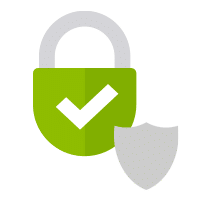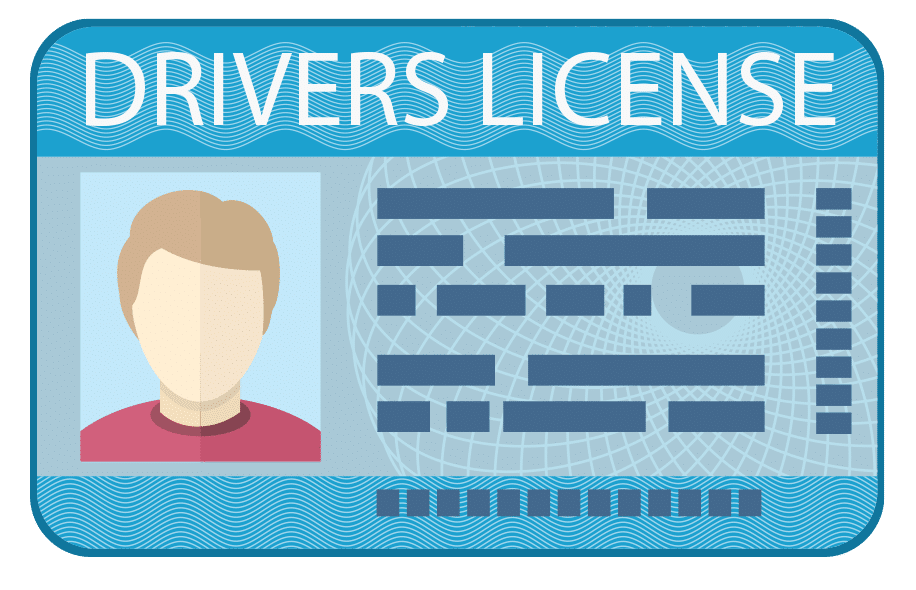SSL certifikati
Sigurna veza između web preglednika i servera
SSL certifikati
Sigurna veza između web preglednika i servera

Osigurajte svoju stranicu i pružite povjerenje i pouzdanje svojim posjetiteljima.
Uz široku ponudu različitih brandova, imamo pravi SSL certifikat za sve sigurnosne potrebe vaše stranice
Odaberite razinu provjere koja vam odgovara. Odaberite svoj SSL certifikat.
Samo provjera valjanosti domene. Izdano u nekoliko minuta. Idealno za blogove, društvene mreže i osobne web stranice.
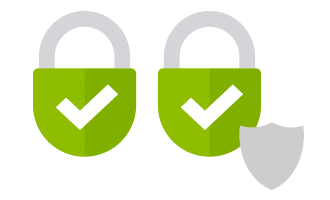
Osnovna provjera identiteta. Idealno za male poslovne web stranice i stranice koje prihvaćaju osjetljive informacije.
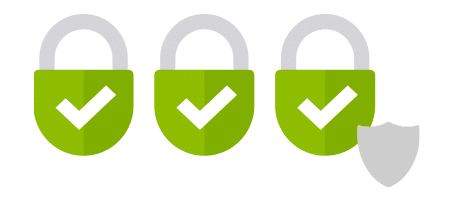
Potpuna provjera identiteta. Idealno za poslovne i e-commerce web stranice koje žele pružiti maksimalno povjerenje posjetiteljima.
Što je SSL?
SSL certifikati su temelj sigurnosti na internetu. Koriste se za uspostavljanje šifrirane veze i omogućavaju siguran prijenos podataka između preglednika na korisnikovom računalu i web stranice na serveru.
Standardni SSL (Domain Validated) certifikati su najjednostavniji i najčešći tip SSL certifikata. OV i EV certifikati također potvrđuju identitet tvrtke ili organizaciju koja posjeduje certifikat pružajući više povjerenja krajnjim korisnicima.

SSL certifikati su temelj sigurnosti na internetu. Koriste se za uspostavljanje šifrirane veze i omogućavaju siguran prijenos podataka između preglednika na korisnikovom računalu i web stranice na serveru.
Standardni SSL (Domain Validated) certifikati su najjednostavniji i najčešći tip SSL certifikata. OV i EV certifikati također potvrđuju identitet tvrtke ili organizaciju koja posjeduje certifikat pružajući više povjerenja krajnjim korisnicima.
Poboljšajte svoje rangiranje u internet tražilici
Uspostavite povjerenje i sigurnost na mreži između posjetitelje vaše web stranice i vašeg poslovanja.
Google želi učiniti web sigurnijim, a to najvećim dijelom znači da moraju osigurati da su stranice kojima ljudi pristupaju putem Googlea sigurne. Zato se pokazalo da su web stranice koje koriste SSL bolje rangirane u rezultatima pretraživanja.
Internet preglednici se mijenjaju, nemojte zaostajati za njima
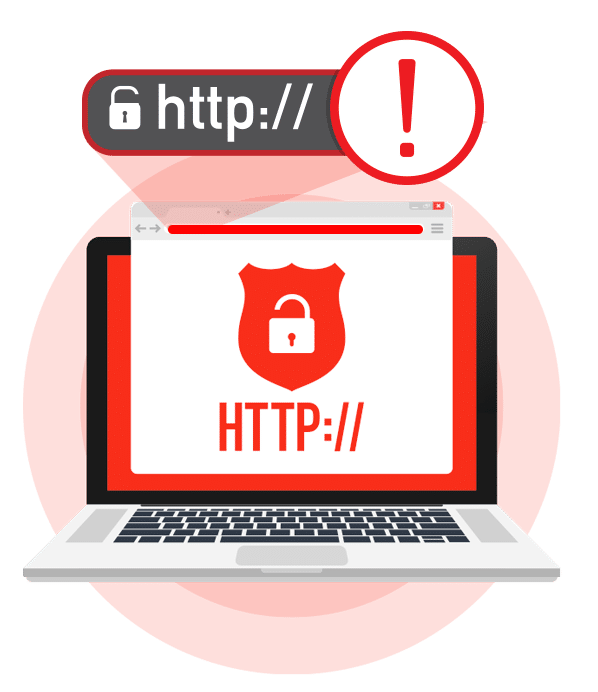
Web stranice koje ne koriste HTTPS sada se prikazuju kao “nije sigurna” u većini web preglednika. Ne dozvolite da vaša stranica bude jedna od njih. Dodajte SSL još danas.
Nadogradite na Extended Validation SSL
Iako svi SSL certifikati koriste slične metode za zaštitu i provjeru valjanosti vaših podataka, razina povjerenja i sigurnosti koje pružaju variraju.
Extended Validation Certifikati nude najvišu razinu provjere i povjerenja. Potvrđuju i prikazuju nazive i lokacije tvrtki i organizacija kako bi osigurali povjerenje korisnicima u online poslovanju.
Aktivirajte zelenu adresnu traku za maksimum povjerenja i za transakcije
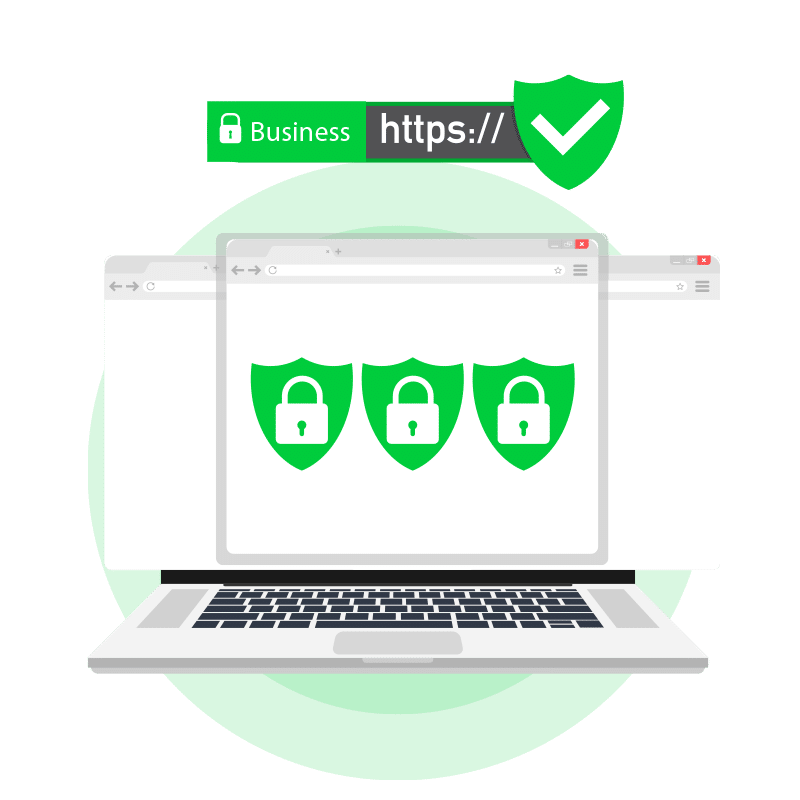
Pomozite mi odabrati pravu vrstu SSL certifikata
Iako je online sigurnost svima jednako važna, svi SSL certifikati nisu jednaki.
U nastavku donosimo vodič koji smo osmislili da vam pomogne odlučiti koja je vrsta certifikata najbolja za vas.
Često postavljana pitanja i odgovori
Naši SSL certifikati dolaze od najpouzdanijih tvrtki u online sigurnosti




